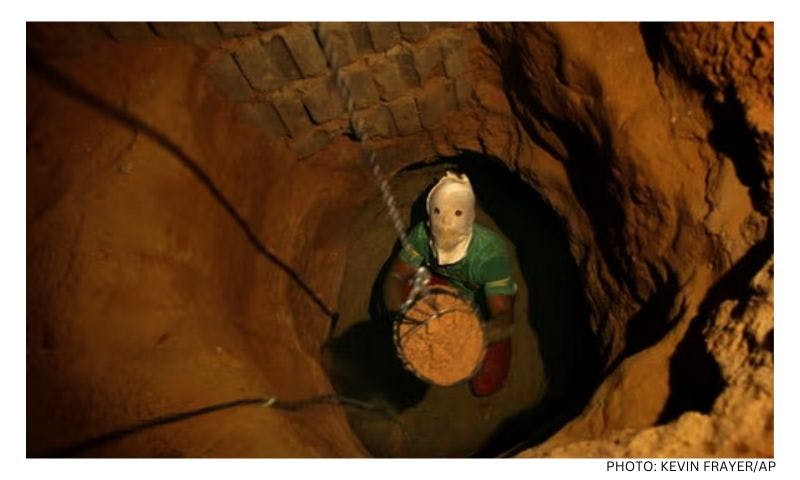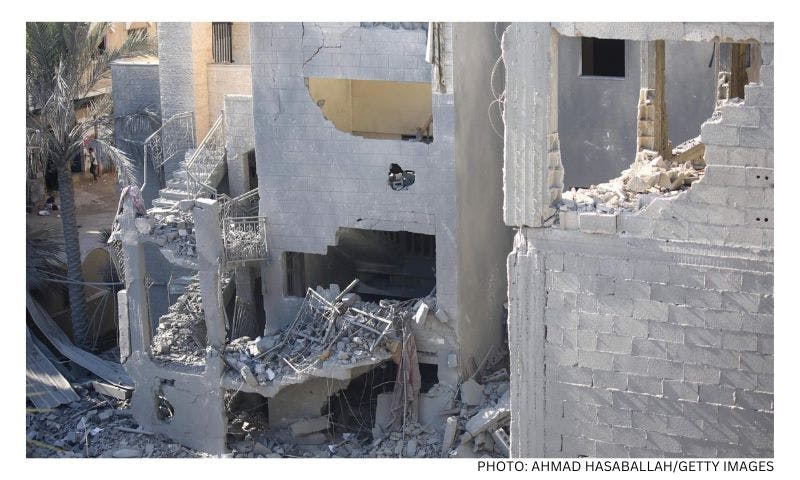Published: 2 September 2021
Last updated: 4 March 2024
DEBORAH STONE: Australia’s Orthodox congregations continue to ignore half their congregants for ritual purposes, which makes it impossible for women to have equality within our community
MY FIRST ROSH Hashanah edition as editor of the Australian Jewish News was in 1999. We prepared two test covers for the festival supplement: one with a bee and honey design, the other a shofar-blowing image.
I knew music teacher Anna Mylenek-Kalman had a beautiful shofar and was skilled at blowing it, so I asked her to pose for a photo shoot. The photographer did an excellent job – the long curving shofar snaking up diagonally through most of the frame with Anna’s face and her flowing black hair in the bottom left and a lovely clear skyline for the title text.
The shofar blower was clearly the superior cover, but staff and management asked me not to use it. Picturing a woman blowing the shofar was going to – if you will excuse the expression – blow the entire edition. Advertisers, rabbis, and readers would inundate me with complaints. Nothing else in the supplement would matter. We would be throwing a match into a tinderbox of communal tension.
I gave in and I regret it still. Playing it safe that first year allowed me to remain in the editor’s chair and do what I could to push the discourse. But I wish I could write that I had stood on the barricade and won some small change then.
Reflecting on this experience for another Rosh Hashanah, 22 years down the track, it is disheartening how little has changed. Our mainstream Orthodox congregations continue to ignore half their congregants for ritual purposes and sideline them in most lay leadership, too.
Our Progressive congregations subscribe to full egalitarianism in ritual but are still dominated by male leaders. (Rabbi Nicole Roberts finally cracked a glass synagogue ceiling when she became Sydney’s first female senior rabbi in 2018; Melbourne has yet to have such an appointment.)
The Australian Jewish community remains dominated by a fundamental inconsistency in which the majority of Jews subject themselves to Orthodoxy’s medieval attitudes to women in communal activity, although they accept neither Orthodox religious law in their personal Jewish practice nor the marginalisation of women in other aspect of their lives.
Today’s Australian Jewish News (AJN) would still be unlikely to feature a woman shofar-blower, for the same reasons I did not in 1999. No one dares upset the powerful Orthodox-aligned hegemony which controls most of our synagogues, our largest schools, and significant sections of our Zionist and cultural organisations.
On the other hand, The Jewish Independent is running this column and I do not doubt would run the woman shofar image. I choose to write for a Jewish media outlet that has less coverage than the AJN, but it represents a kind of diversity that offers hope for a more inclusive and progressive community.
Diversity on the fringes is, I believe, the most hopeful change we have seen in the past 20-odd years.
Media diversity, both professional and social, has enabled new voices to gain a platform and to question the ingrained habits of our community, of which the exclusion of women is the most egregious but certainly not the only problem.
New kinds of minyanim that do not align themselves with traditional religious movements have enabled women to participate fully in religious practice.
Nitzan, Melbourne’s first Conservative shul, has bridged the gap between Orthodox and Reform and enabled those who want a traditional style of practice to find an egalitarian alternative.
Shira Melbourne attempts the tightrope walk of commitment to Orthodox interpretation of Jewish law while including women in leading service, reading from Torah and counting in a women’s side of the mechitzah minyan.
Kolenu is a secular minyan which has expunged God from its prayer book and created a style of service evocative of the youth groups from which many of its members are recent graduates. It is about communal and expressive rather than faith-based Jewish practice and comes with an ethos of inclusiveness that is natural to the 20-somethings who run it.
The establishment of these alternative synagogue frameworks is important to the advancement of women within our community. Of course, many Jews are not religious, some never enter a synagogue and many more only do so a couple of times a year and for significant life cycle events.
But the synagogue remains one of our keystones and it serves a deep-seated symbolic function in Jewish life. The exclusion of women from the religious sphere makes it impossible for us to have equality within our community.
If we have the sense that there are some things women cannot or should not do, it follows that woman are not equally valued, powerful, or effective. Our daughters will continue to grow up with the sense that they are somehow lesser than their brothers and Jewish life will become increasingly out of step with the cultural milieu of secular Australia.
At the same time, synagogues are not the only place Jews gather. Recent years have also seen a revitilisation of secular Jewish life, expressed through cultural and educational activities including music festivals, book weeks, film festivals, museums, and learning opportunities.
Many of these new initiatives and growing institutions are led by smart and talented women or by enlightened men who consciously work towards equal gender representation.
Platforms for Jewish expression which embrace diversity, appreciate originality, and welcome boundary-pushing give us a richer and stronger community.
Perhaps in another 20 years the diversity on the fringes will sit at the centre of our community. One of the many positive results will be full participation of women in our community. But it is not the Jewish way to depend on miracles. We have work to do.



